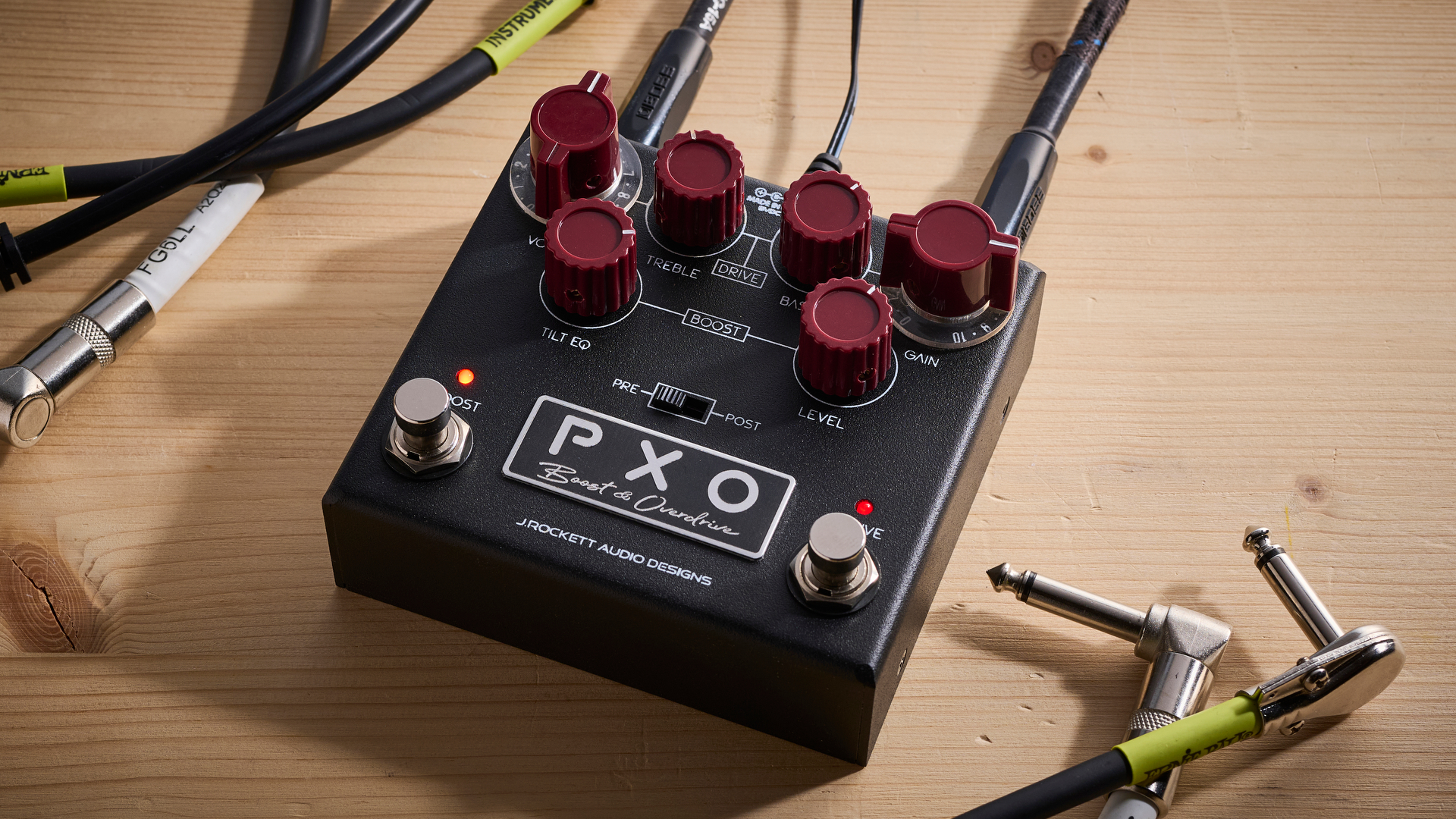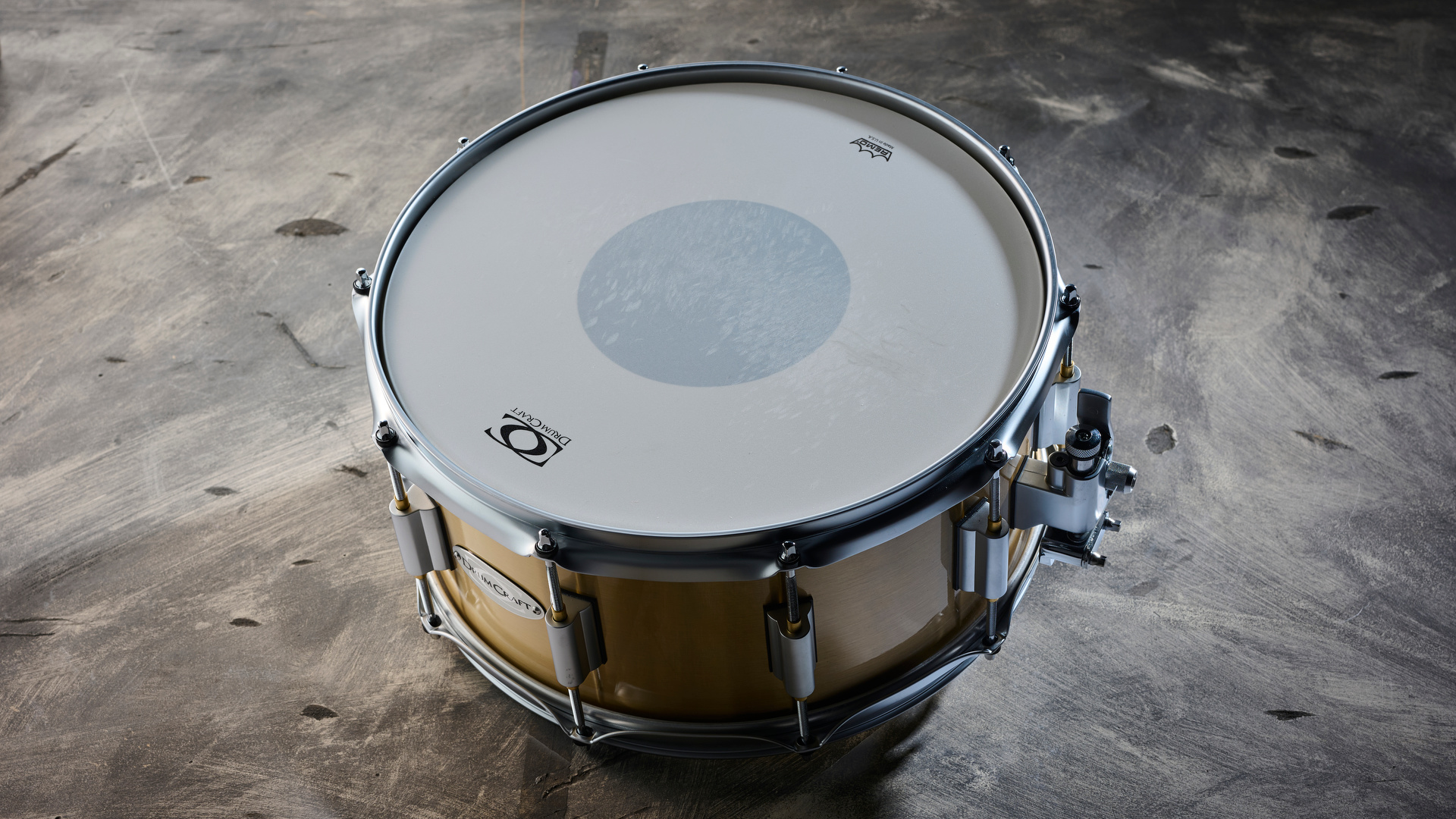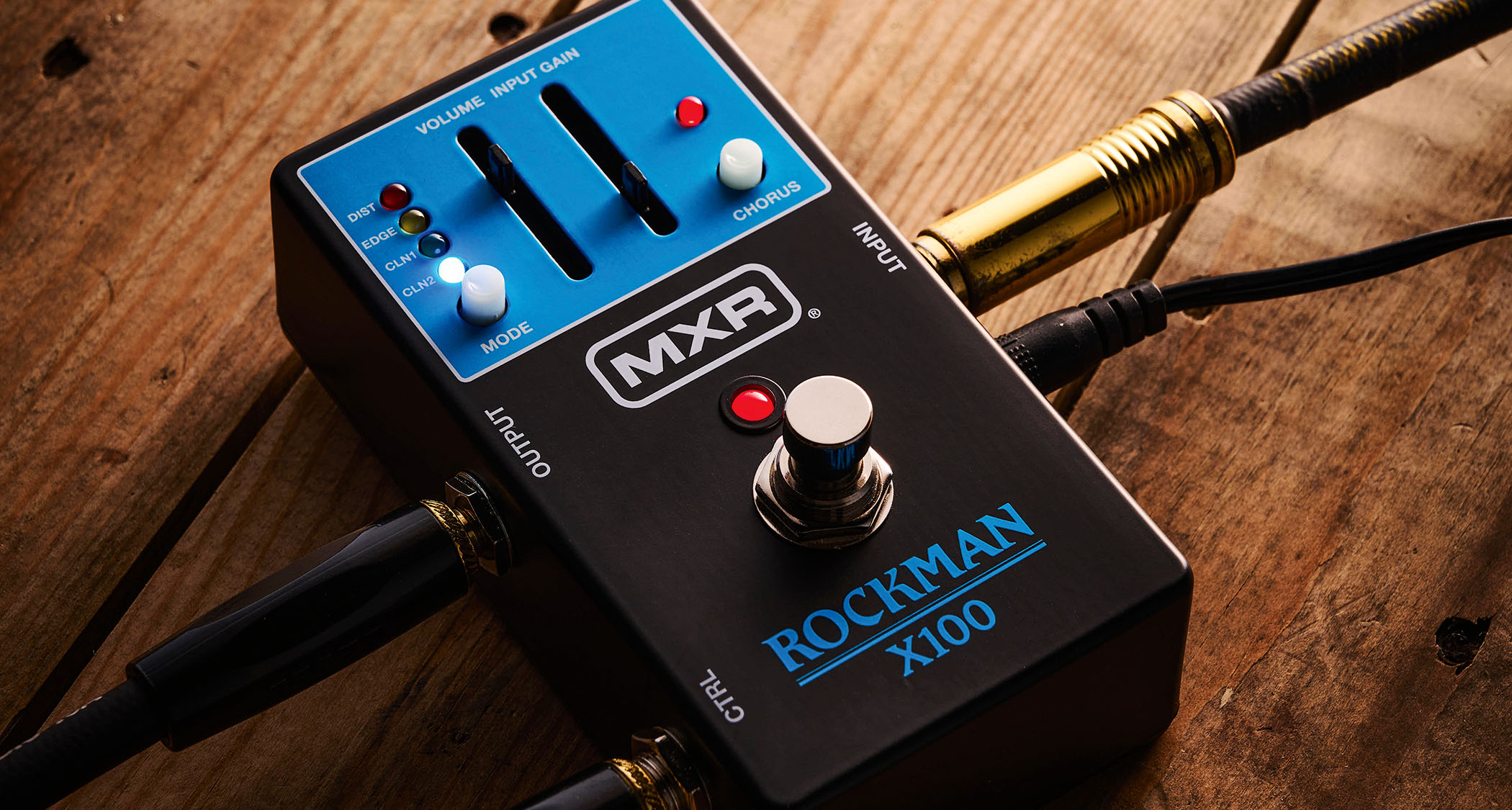MusicRadar Verdict
If you like your boutique guitars more Saville Row than High Street, we recommend you make an appointment to see, play and hear these remarkably fine instruments. You won't be disappointed.
Pros
- +
Great looks; Fabulous build and tones; Non-ubiquitous presence.
Cons
- -
Inevitable high price due to outrageous quality.
MusicRadar's got your back
Anyone who's kept an eye on the comings and goings within the music instrument industry over the last few decades will know that Martyn Booth worked for Gibson's UK repair department during the 1970s.
From there he went on to run his own successful repair business before designing the MSG range of guitars for Yamaha in the mid-eighties.
There he created the MSG guitar, looking to combine the elegance of a 335 with the construction of a Les Paul. Although it got a great response - the late great Alan Murphy was the model's prime champion - by the early nineties times were tough and Yamaha decided to cease production.
Come forward 10 years and Martyn has a successful repair operation in Suffolk, where his reputation as a craftsman and perfectionist keeps him busy looking after his roster of satisfied clients.
But the nagging desire - along with considerable pressure from MSG/ Image fans - to re-create and refine his original design to the boutique standards of PRS and co, has led to the models we see today.
Overview
Those who have tried to amend an existing and extremely well known guitar shape will know that it's infinitely more difficult than you think.
In this instance, Martyn couldn't just scale the ES-335 shape down by reducing its perimeter by a few millimetres because, where the body itself may have looked okay, the cutaways would have been way out of proportion.
The reality is that every facet of the design - including body depth, waist and the carving of the top - all need to be adjusted in order to produce a look that 'works'.
Martyn has got things dead right. It's hard to look at the Classic and not think it fell off a Gibson drawing board 50 years ago, whereas in reality it's a completely new design in its own right.
While Booth's guitars ape the Les Paul's construction with its mahogany back and maple cap, Martyn has found that the correct proportion of mahogany to maple is vital to retain the proper balance of dynamics and sustain - too much maple and the sound can become brittle, go too heavy on the mahogany and it gets a bit too dark and grungy.
Martyn keeps his wood stocks in batches according to weight (mahogany) and grain (maple), so customers can choose heavy, medium or light, along with whatever style of grain pattern they fancy - from fabulous quilts and flames, to plainer versions for those not keen on the 'furniture guitar' thing.
Although most of Martyn's guitars are chosen with translucent finishes that highlight the grain of the maple top, we opted for this black Classic because we felt that, with its bound ebony fingerboard and pearl inlays, it lent a meaner, more rock 'n' roll look.
The mahogany neck is glued to the body at around the 20th fret for virtually unhindered access to the generous cutaways.
Neck and headstock are both bound in grained cream ivoroid while the ebony headstock veneer plays host to a custom design 'swan' inlay in pearl and abalone, as well as the Martyn Booth logo in the latter shell.
It's a good-looking headstock too, its double cleft design a deferential tip of the hat in Gibson's direction.
Hardware-wise, Grover 'kidney bean' tuners, narrow Gotoh tune-o-matic bridge and tailpiece, plus oversized strap buttons is all you get. Pickups are Seymour Duncan - a JB at the bridge and Jazz at the neck - looked after by single volume and tone pots and the usual three-way selector.
Extra sonic versatility comes from a push-push coil splitter on the tone knob for funkier, or perhaps more Fender-ish, tones.
Looking for finish or construction faults is a fool's quest, as the Classic is literally perfect from top to toe. In this case the finish is nitro-cellulose over urethane, but generally just the former is preferred.
A large belly cut provides a snug guitar-to-body fit, and the instrument's size means it snuggles into the player ready for action. Weight is enough to give the feeling of substance and this, allied to the guitar's relative small size, lends an air of quality and purpose.
Martyn favours slim necks with a minimum of taper. So at the first fret the Classic measures 21mm, deepening to only 23mm at the 15th. Standard Gibson nut width means there's plenty of room over the clean expanse of ebony and, with the neck joining the body at its antepenultimate fret, access is all but total.
Booth's years of setting up guitars really shows. He frets each instrument by hand in the old fashioned way. They are then dressed and levelled, each one re-crowned and its ends carefully shaped and polished to leave absolutely no snagging.
Strung with .009 gauge strings the action is slick and slithery. Bending on the large Dunlop 6100 frets is effortless and vibrato smooth, wide and easy to apply - in fact those who find the bend-and-vibrato technique a problem would do well to try one of Martyn's guitars.
The perfect fret job means that notes ring clear all over the neck and sustain is prolonged due to lack of any buzz or choking problems.
The ebony 'board is a delight to play on, while the almost non-existent increase in depth along the neck's length allows feel to be maintained wherever you play. Once you pick this guitar up, it's hard to put it down.
Time was when 'hand-made' meant 'home-made' when it came to British electric guitars. But since the late Sid Poole began his quest for hand-crafted perfection, others have picked up the baton, none with more success than Martyn Booth. The build quality and playability of these guitars is as good as anything we've yet witnessed.
The Classic, while happily owing to both Gibson and PRS, is a genuine British design that stands alongside anything in the world for quality and style.
That it plays and sounds as good as guitars built by the best names is testament to Booth's 30-year pedigree, his desire to be the best at what he does and his determination never to compromise on quality. With that quality, of course, comes a price.
But we believe this instrument is the equal of any US boutique guitars and so offers good value. And when you think that you can spec virtually anything you like, that's an attractive proposition.
The fixed bridge Classic is available with an array of personalising touches, whether you're a gold-plated and quilted maple fan or prefer the more subtle approach.
“If you've got one follower or 10 million, that doesn't matter. What's really important is the quality of the music”: Dr Dubplate on the "gatekeeper mentality" in club culture
Who Wants To Live Forever?: The composer still creating music from beyond the grave
"The demo had my singing on it. When I played it to the band, the look on their faces said, 'We’re in trouble, boys'"










